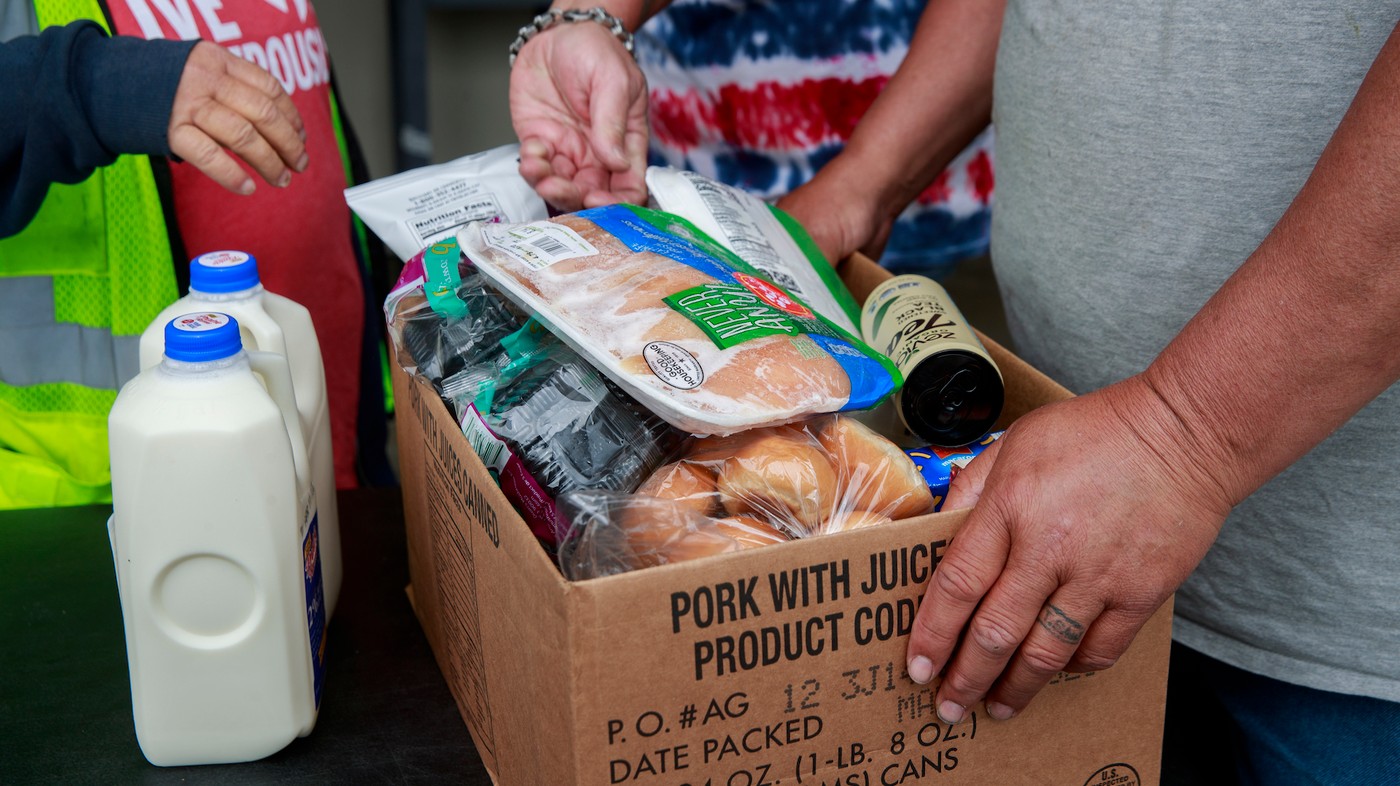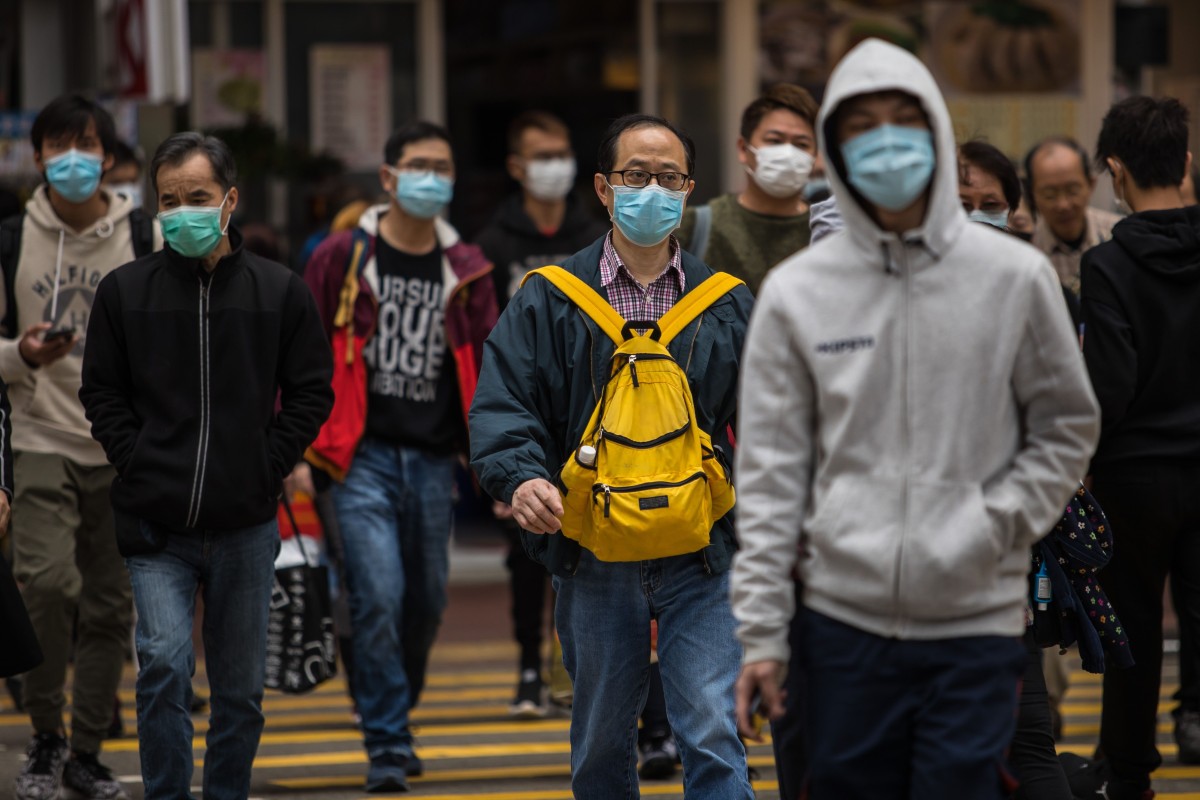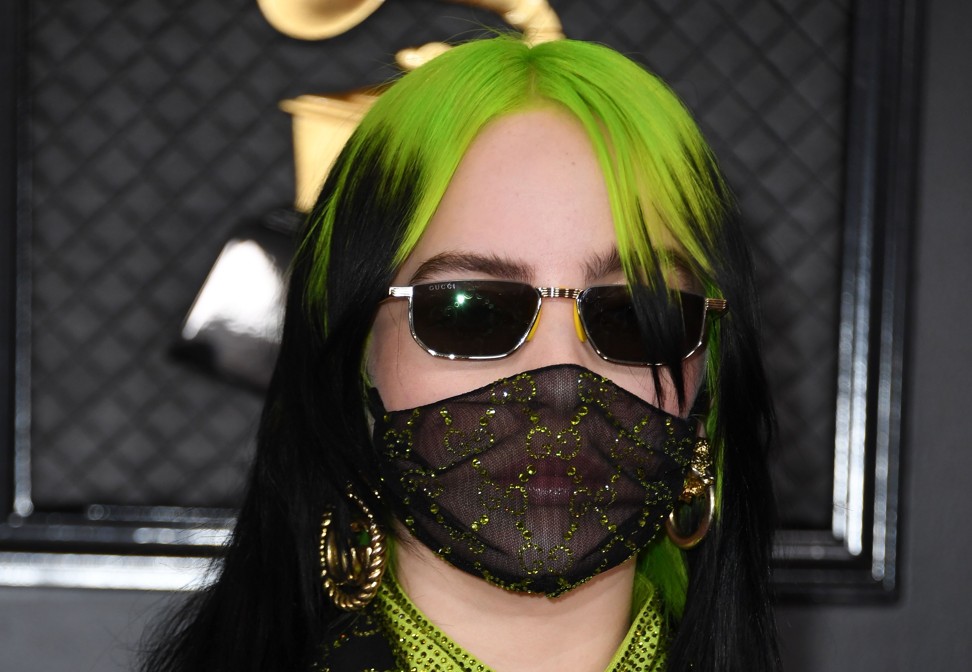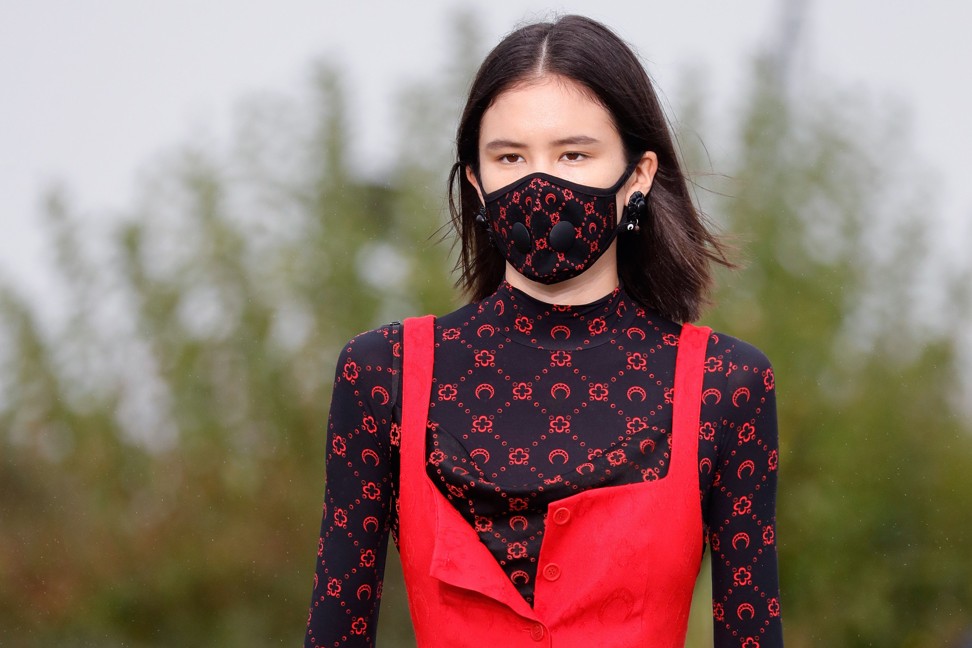Banks Could Start Seizing Shale Assets

Irina Slav Oilprice.com April 10, 2020
U.S. banks are preparing to start seizing the assets of ailing shale oil companies, Reuters reported today, citing unnamed sources in the know, who said that the banks must take this dramatic step if they want to avoid losses on the loans they extended to the industry.
U.S. shale companies rely heavily on loans, and now that they are facing the perfect storm of slack demand and low oil prices—even after the tentative deal OPEC+ announced yesterday—the chances or survival for many of them are slim to nonexistent.
The situation is aggravated by the fact that new wells are falling short of expectations concerning yields. This made banks wary of extending more loans to the industry a few months ago before the worst hit. Now, with more than $200 billion in debt backed by their assets, many oil and gas companies in the shale patch are on the brink.
Reuters reports that several large players in the shale field have hired debt advisors, including Chesapeake Energy Corp, Denbury Resources, and Callon Petroleum. Meanwhile, Whiting Petroleum became the first oil company to file for bankruptcy protection, citing the “severe downturn.”
Others, including the supermajors, are slashing spending, cutting costs, and asking oilfield service providers for substantial discounts for their services.
Meanwhile, even the news that OPEC+ was ready to cut 10 million bpd in daily production did not do much for prices. Both Brent crude and West Texas Intermediate were down at the time of writing, with WTI at $22.76 a barrel, down by more than 9 percent. Part of the reason was that few believe these cuts will be enough, and another part is that not everyone in OPEC+ is on board with the cuts, with Mexico balking.
By Irina Slav for Oilprice.com
Fabled Singapore Oil Trader Appoints Advisers Amid Bank Squeeze
Alfred Cang, Serene Cheong and Joyce Koh Bloomberg April 10, 2020

(Bloomberg) -- Singapore oil trader Hin Leong Trading (Pte.) Ltd. has appointed advisers to help in talks with banks as some of them freeze credit lines to the firm, according to people with knowledge of the matter.
Bloomberg reported on Thursday that at least two lenders won’t issue new letters of credit to Hin Leong amid concerns over its ability to repay debt. The firm appointed advisers this week to help negotiate with banks for more time to resolve its finances, said the people, who asked not to be identified because the matter is private.
Nobody responded to calls or emails to the company seeking comment.
The privately-held company founded by legendary self-made Chinese tycoon Lim Oon Kuin could be the latest casualty of the crash in oil prices and a heightened caution among lenders to finance commodity trades.
Speculation over Hin Leong’s predicament is ricocheting around the tight-knit oil trading community in Singapore, one of the world’s most important oil markets and the biggest ship fueling hub. Before crude’s spectacular crash, it would have been almost unthinkable that such a major player in the market could be in such a position.
Hin Leong’s situation arises amid a torrid period for the Asian commodity trading industry, including multi-million dollar losses by some high profile Chinese and Japanese traders, and the collapse of Noble Group, one of the biggest names in the industry.
Hin Leong was established in 1963 and has grown into one of Asia’s largest suppliers of ship fuel, or bunkers. OK Lim, as the founder is known, built the company from a one-man-one-truck oil dealer to a regional powerhouse with assets including 130 vessels, with businesses across oil trading, terminal and storage, bunker supply and lubricants manufacturing, according to its website.
The company’s bunkering arm, Ocean Bunkering Services (Pte.) Ltd., was ranked the third-largest shipping fuel supplier in Singapore last year, according to the city-state’s Maritime and Port Authority.
Hin Leong’s financial accounts couldn’t be found on the website of Singapore’s accounting regulator. A brochure on its website, dated February 2014, said it had trading revenues of $14 billion.
In a rare interview in 2018, OK Lim’s son said Ocean Bunkering Services aimed to raise its monthly bunker fuel sales to as much as 1 million tons from 650,000 tons in January that year. Singapore’s monthly bunkering sales averaged around 4 million tons in the past five years.
Letters of credit are a critical financial lifeline for commodity traders, used as way of financing short-term trade. A bank issues the so-called L/C on behalf of the buyer as a guarantee of payment to the seller. Once the ds have exchanged hands, the buyer repagooys the lender.
©2020 Bloomberg L.P.
















































